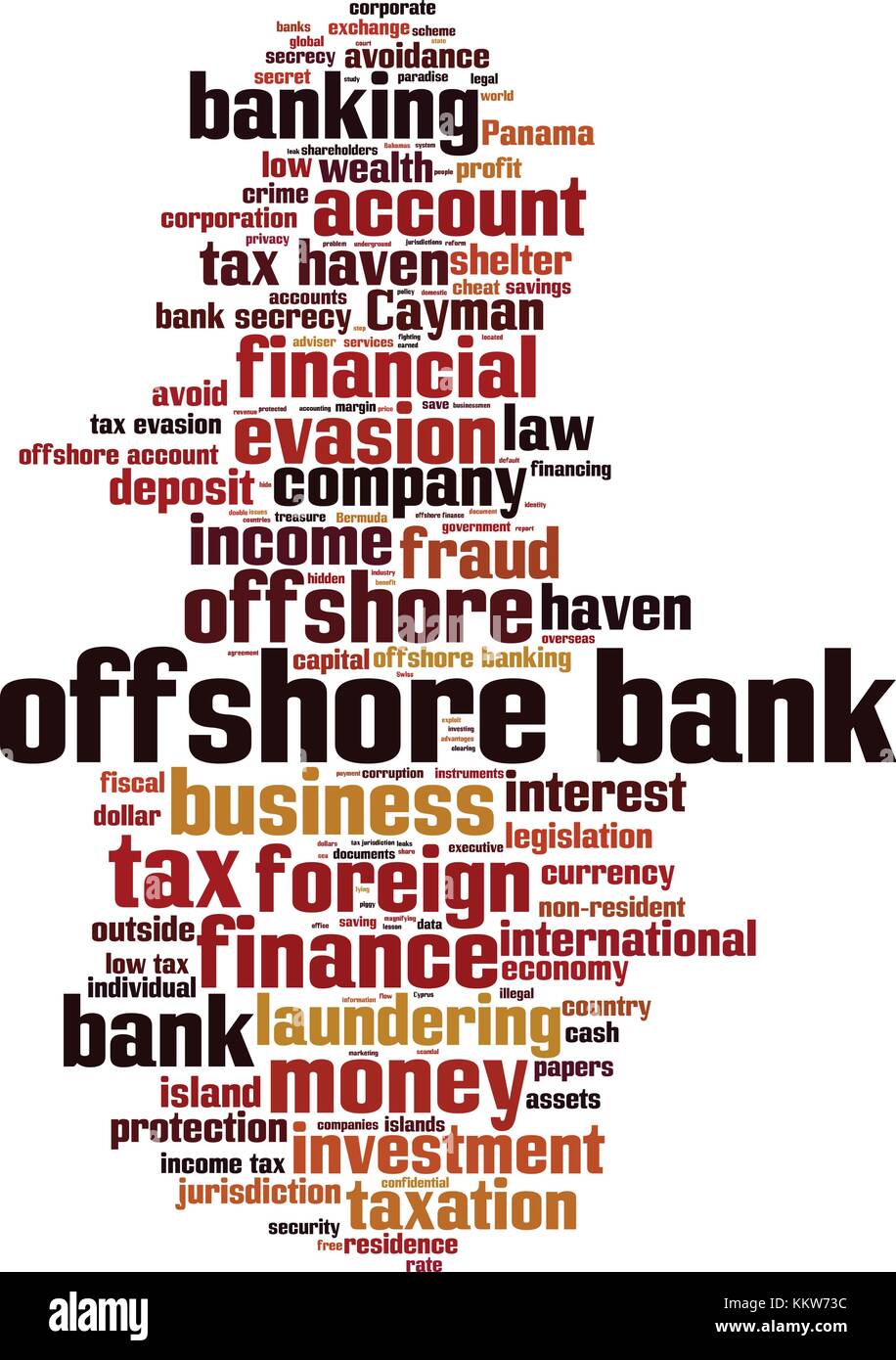Recognizing the Legal Implications of Offshore Business Formation

Lawful Framework for Offshore Business
When developing an overseas firm, comprehending the legal structure controling its formation and operation is vital for conformity and threat management. Offshore business operate under certain regulations and regulations that differ from those of onshore entities. The legal structure for overseas firms typically includes arrangements for business enrollment, investor needs, supervisor responsibilities, and tax obligations.
Business registration includes submitting the needed paperwork to the proper regulative authorities in the selected territory. This procedure commonly needs in-depth info regarding the business's structure, shareholders, and intended tasks. In addition, overseas companies must comply with details shareholder demands, such as maintaining a register of investors and keeping this info up to date.
Directors of overseas companies have fiduciary obligations to act in the best passions of the company and its investors. By adhering to the legal structure regulating overseas companies, services can operate with confidence while decreasing legal dangers.


Tax Implications and Regulations
Understanding the tax obligation ramifications and policies is critical when considering the facility and operation of an offshore firm. Tax obligations play a critical function in the decision-making process of whether to establish an offshore entity. Offshore firms are commonly subject to desirable tax obligation regimes, supplying decreased or absolutely no tax obligation rates on foreign-earned earnings. Nonetheless, it is important to browse these tax benefits carefully to ensure conformity with both the legislations of the overseas jurisdiction and the home nation.
Tax policies for overseas firms vary considerably throughout territories, and it is crucial to seek skilled suggestions to understand the particular demands and responsibilities. Failing to follow tax laws can result in serious repercussions, consisting of large penalties, reputational damages, and also lawsuit. Furthermore, offshore jurisdictions may have reporting responsibilities to reveal monetary info to pertinent authorities. Comprehensive knowledge of tax regulations and laws, as well as correct tax obligation planning, are important to guarantee the successful and certified operation of an overseas business.
Conformity Requirements and Coverage
Making sure conformity with regulatory requirements and preserving exact coverage are important elements of taking care of an overseas company effectively and transparently. Offshore business have to stick to the laws and policies of both the jurisdiction in which they are integrated and any kind of various other relevant jurisdictions where they conduct company.
In enhancement to governing conformity, offshore companies are typically subject to reporting demands to make certain openness and protect against illegal activities such as money laundering or tax evasion. Reporting obligations may involve disclosing information about the company's possession framework, economic tasks, and beneficiaries. This details might require to be shown regulative bodies, tax authorities, or other governmental agencies, depending on the jurisdiction.
Keeping exact and detailed documents is vital for demonstrating conformity and reacting to any queries or audits successfully. Offshore business ought to implement durable coverage systems and internal controls to ensure that they fulfill all lawful demands and operate with honesty.
Possession Protection and Privacy Rules
In the realm of offshore company formation, a vital factor to consider is the interplay between possession security techniques and privacy legislations. By structuring possessions within an offshore company, individuals can safeguard their wide range and expand their holdings throughout various legal frameworks. Ultimately, understanding the intricate partnership in between possession security techniques and privacy laws is paramount when taking into consideration overseas business formation.
Difficulties and dangers to Consider
When venturing into overseas company formation, sensible consideration of prospective risks and difficulties is essential for notified decision-making and critical planning. Additionally, political instability or modifications in overseas jurisdictions can present a threat to the continuity of operations and the defense of assets held by the offshore business.
Obstacles may likewise emerge concerning directory the intricacy of overseas firm structures and the requirement for experienced lawful and financial Find Out More recommendations to browse the intricate regulatory frameworks of various territories (offshore company formation). Keeping compliance with varying worldwide regulations and policies, as well as prospective language obstacles and social differences, can better make complex the offshore company formation process. It is important to be mindful of these threats and obstacles prior to waging overseas company development to mitigate potential pitfalls and guarantee a smooth and lawfully sound establishment
Final Thought
In final thought, offshore company formation entails browsing complicated legal structures, tax obligation ramifications, compliance needs, and personal privacy legislations. Understanding these aspects is critical for minimizing obstacles and threats connected with offshore organization procedures. It is very important for organizations and individuals considering overseas company development to seek professional advice to guarantee index conformity with guidelines and to protect their properties efficiently.
The lawful framework for overseas business typically consists of provisions for business registration, investor requirements, director responsibilities, and tax obligation obligations.
Supervisors of overseas business have fiduciary obligations to act in the finest passions of the company and its investors. By adhering to the legal structure governing offshore firms, companies can run with self-confidence while lessening lawful risks.
Furthermore, political instability or adjustments in offshore jurisdictions can posture a risk to the continuity of procedures and the protection of possessions held by the overseas firm. - offshore company formation
In conclusion, offshore firm development involves browsing intricate lawful frameworks, tax ramifications, conformity requirements, and privacy legislations.